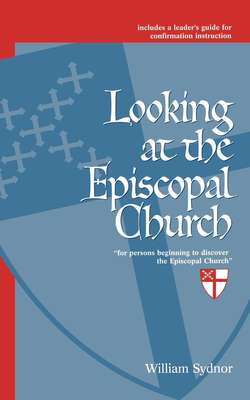Читать книгу Looking at the Episcopal Church - William Sydnor - Страница 15
На сайте Литреса книга снята с продажи.
Chapter 7 The Worship of the Church—Morning and Evening Prayer
ОглавлениеMorning and Evening Prayer have ancient roots which go back to the synagogue services of the Old Testament. Their immediate predecessor is the hour services of the monasteries of the Middle Ages. In compiling our first Book of Common Prayer three of the morning hour services—Matins, Lauds, and Prime—were, in a sense, telescoped into what that book called Matins. It is now known more commonly as Morning Prayer. In like manner, two evening services—Vespers and Compline—were combined to become Evensong or Evening Prayer.The intention and spirit of the hour services might be summed up by the verse, “Seven times a day do I praise thee.” The first English Prayer Book was published at a time when reading the Bible in understandable English (rather than in ancient Latin) was new, exciting, and edifying. We can, therefore, see why the verse, “Thy Word is a lantern unto my feet,” more nearly captures the spirit of the new services of Morning and Evening Prayer. Whether it was the intention of the compilers of the first Prayer Book or not, these Daily Offices gained a prominence in practice which eclipsed the Sacrament of the Lord's Supper as the chief Sunday service. Subsequent revisions of the Prayer Book in England for more than one hundred years further encouraged this custom.
About 150 years ago, a small group at Oxford University, England, started a movement which focused attention on the practices of the Church during the early centuries. The effects of that Oxford Movement have influenced profoundly the worship of the Church in this country as well as in England, and one result is that the Lord's Supper is increasingly becoming the principal Sunday service. However, there are still many churches in which Morning Prayer is the principal service on several Sundays each month.
